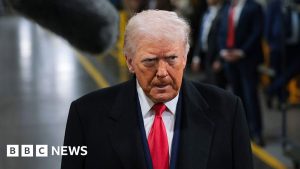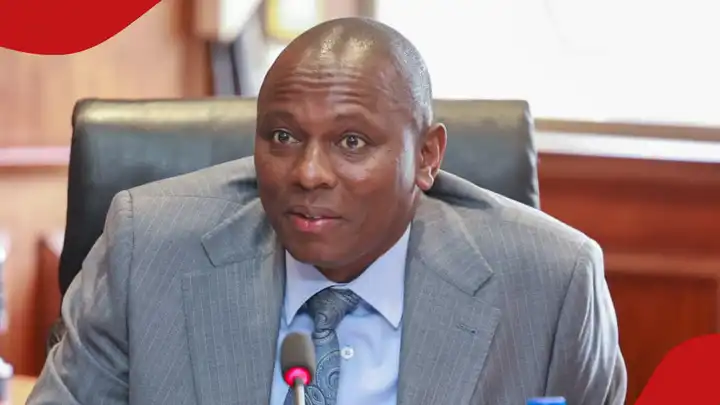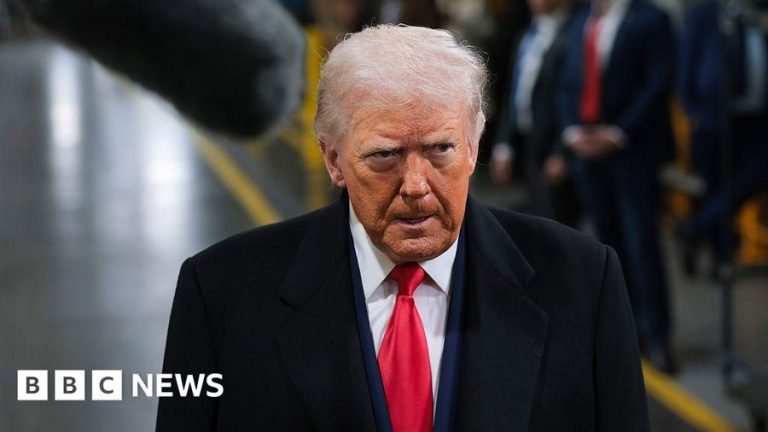The National Assembly has approved Sessional Paper No. 2 of 2025, which advances the process of selling off 65% of the Kenya Pipeline Company’s (KPC) shares. Kikuyu MP Kimani Ichung’wah argued that the KPC sale will unlock its potential. A group of Opposition MPs denounced the hasty passage of the sessional paper and vowed to take legal action to halt the process. The Opposition lawmakers argued that it was passed before the Privatisation Bill 2025 could be discussed for a suitable legal foundation. Speaking following the paper’s passage on Wednesday, October 1, the MPs cited ‘mischievous intentions’ and hidden agendas. They noted that the government’s plan to raise KSh 100 billion from the sale is negligible since the country faces a budget deficit of KSh 870 billion in the 2025/2026 financial year.
Which MPs opposed the KPC sale? The MPs, who were led by Robert Mbui of Kathiani, Jayne Kihara of Naivasha, Joseph Munyoro of Kigumo, Makali Mulu of Kitui Central, Onemus Ngogoyo of Kajiado North, and Stephen Mule of Matungulu, claimed that the issue had inadvertently infiltrated the order paper and was not originally included as the House Business Committee had agreed. They claimed that it was improper because members should be informed before an order paper is given, so that those who are interested and aware that it affects their constituents will be present. “The order of business for today, both in the morning and the afternoon, was evidently indicated in another paper that we received on Tuesday, September 30. However, it was a rather odd surprise that a supplemental order paper that was actually reintroducing the sale of KPC was presented in the chamber in the afternoon without informing the members.
Consequently, this has been introduced when members are not present, when members are unaware,” Mbui lamented. Kathiani MP Robert Mbui opposed the sale of KPC shares. What was Kimani Ichung’wah’s argument? National Assembly Majority Leader Kimani Ichung’wah, who backed the paper in the House, stated that Kenyans continue to view KPC as a strategic and critical investment. According to him, the government has improved corporate governance in state corporations throughout the years by privatising them through initial public offerings (IPOs). “IPO gives everyone the chance to invest in these companies. It significantly improves corporate governance in their management. One of the main goals is to implement new corporate governance to boost profitability and operational efficiency,” Ichung’wah reiterated.
The order paper was passed in roughly thirty minutes. When did the Cabinet approve the KPC sale? President William Ruto’s Cabinet approved the KPC’s privatisation in July 2025. The Cabinet approved the fuel distributor’s listing on the Nairobi Securities Exchange (NSE). It stated that the move is intended to use private investment to unlock the company’s full potential.
By Japhet Ruto











